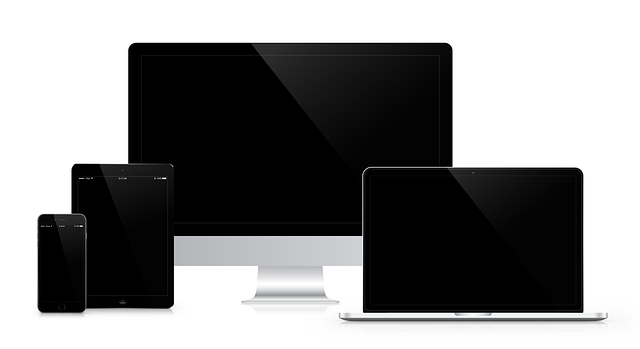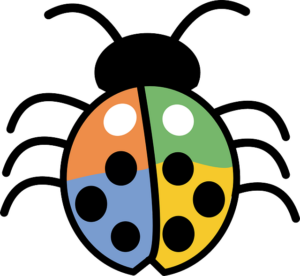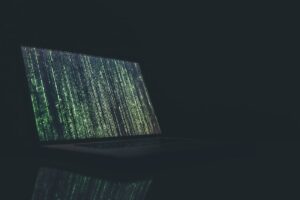what are type of function of computer
Computers perform various functions to process and manipulate data. Here are some common types of functions performed by computers:
Arithmetic and Mathematical Functions:
Computers can perform basic arithmetic operations such as addition, subtraction, multiplication, and division. They can also handle more complex mathematical calculations, including trigonometric functions, logarithms, and statistical analysis.
Logical Functions:
Computers are capable of executing logical operations, such as AND, OR, NOT, and XOR. These operations are crucial for decision-making and control flow in programming.
Input and Output Functions:
Computers facilitate the input and output of data. Input functions allow users to provide data or instructions to the computer using various devices, such as keyboards, mice, scanners, and microphones. Output functions display or present processed data to the user through devices like monitors, printers, speakers, and projectors.
Data Storage and Retrieval Functions:
Computers can store and retrieve vast amounts of data from various storage devices such as hard drives, solid-state drives (SSDs), and external storage media like USB drives. They employ file systems and databases to organize and manage data efficiently.
Control Functions:
Computers have control functions that enable them to manage and regulate the execution of programs. This includes tasks such as managing system resources, scheduling processes, and handling interrupts.
Communication Functions:
Computers can facilitate communication between users, devices, and networks. They can transmit and receive data over networks, establish connections, and interact with remote systems through protocols like TCP/IP, HTTP, and FTP.
Data Processing and Manipulation Functions:
Computers excel at processing and manipulating data. They can sort, search, filter, transform, and analyze large datasets with speed and precision. This functionality enables tasks like data mining, image processing, video editing, and simulation.
User Interface Functions:
Computers provide user interfaces that allow users to interact with them. These interfaces can be graphical (GUI) or text-based (CLI). They enable users to execute commands, navigate file systems, launch applications, and control system settings.
Security Functions:
Computers have security functions to protect data and systems from unauthorized access, viruses, malware, and other threats. This includes features like authentication, encryption, firewall protection, and antivirus software.
System Maintenance Functions:
Computers perform maintenance functions to ensure optimal performance and reliability. They include tasks like software updates, hardware diagnostics, disk defragmentation, and system backups.
These functions collectively enable computers to perform a wide range of tasks, from basic calculations to complex simulations and from data storage to communication across the globe.



